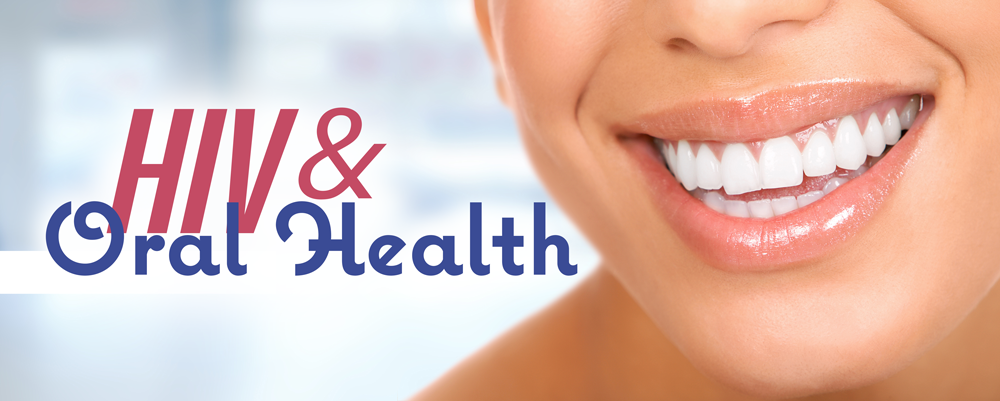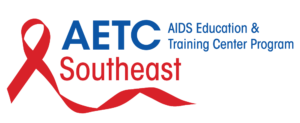
HIV and Oral Health: Updates from the AIDS 2020 Meeting
By: Mark Schweizer, DDS MPH
Director of Development and Special Projects
Dental Director Southeastern AIDS Training and Education Center
Nova Southeastern University College of Dental Medicine
[email protected]
Data shows long-acting injectable cabotegravir is more effective in preventing HIV than daily oral Truvada:
Updated results from the HPTN 083 study found that cabotegravir for long-acting injectable PrEP is not only just as effective, but superior, to daily oral Truvada for PrEP.
Report shows first possible case of adult with HIV to achieve long-term remission without a bone marrow transplant:
Data from a pilot proof-of-concept study from the Federal University of Sao Paulo revealed that one of five individuals receiving intensified multidrug antiretroviral therapy (ART) with twice-daily nicotinamide for 48 weeks, a 34-year-old Brazilian male diagnosed with HIV in 2012, maintained long-term HIV remission without the need for a bone marrow transplant.
Updated Tsepamo study data provides new insights into the potential link between dolutegravir and neural tube defects:
Encouraging new data presented from the ongoing Tsepamo study found low levels of neural tube defects in infants born to women on dolutegravir at the time of conception and in infants born to women who started taking dolutegravir during pregnancy. Earlier study data showed that the rate of neural tube defects with dolutegravir was not significantly higher than with efavirenz or other antiretroviral therapy.
ARCH study results show PrEP has a better-than-expected impact on reducing new HIV infections:
Interim results from the ongoing SEARCH study, a population-based study in 16 rural Kenyan and Ugandan communities, found that new HIV infections were 79% lower among people who initiated PrEP and subsequently received HIV testing than in matched controls in 2015-2017 before PrEP was generally available. Over 7,143 person-years of follow up, just 0.35% of people who had initiated PrEP were diagnosed with HIV versus 1.42% among matched controls.
